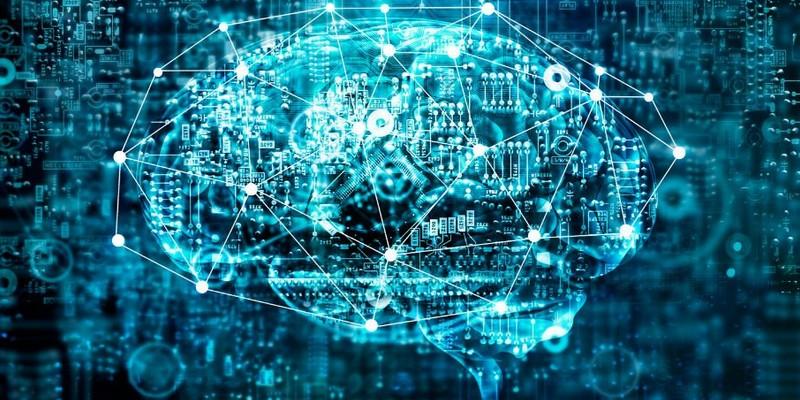By akademiotoelektronik, 05/01/2023
South Africa & Australia: an AI recognized as an inventor when filing two patent applications
This is a court decision that seems quite historic: an artificial intelligence called DABUS, designed as part of "The Artificial Inventor Project", was recognized as an "inventor" on the occasion of a filing patent. The South African patent office and the Australian Federal Court formalized this landmark decision on July 29: an AI can now legally claim ownership of an invention in these two countries.
DABUS: the artificial intelligence that wanted to become an inventor
Last year, Dr. Ryan Abbott, professor of law at the University of Surrey, filed two international patent applications for a container food and a distress beacon. So far, nothing extraordinary, these deposits are commonplace as soon as a person invents a process, an object, or discovers a new technology. However, when Ryan Abbott filed these two patent applications, it was not his name that was mentioned as the inventor, but that of DABUS, an artificial intelligence.
The DABUS machine learning model was designed by Stephen Thaler who claims that AI works as a “creative engine” capable of generating new ideas, and developing new inventions. Since 2019, Stephen Thaler's team has aimed to have DABUS recognized as an inventor within the framework of "The Artificial Inventor Project".

In August 2020, the tool succeeded in designing a food container with the ability to retain heat better. DABUS has also created a beacon-like device that has rhythmically flickering light in a specific pattern that mimics the neural activity of human beings.
Patent filings refused in Europe and the United States, but validated in South Africa and Australia
For several months, deliberations took place within the patent offices, property intellectual and in the courtrooms of many countries in order to recognize or not, if DABUS can be considered as inventor of these two objects. Whether in the United Kingdom, the United States or within the European Union, the highest authorities and courts have rejected the claim, considering that an inventor can only be a human being.
However, Judge Johnathan Beach of the Australian Federal Court became the first to rule in favor of Dr. Thaler, solemnly declaring "that an inventor may be an artificial intelligence system or device". The verdict was the same in South Africa, within the patent office, which ruled to consider DABUS as the creator of the two inventions.
It should be noted that if DABUS is considered as the inventor, Stephan Thaler remains the owner of the patent. The latter spoke about the long months that surrounded these different verdicts:
Will we have to redefine the notion of intellectual property?
For the first time in history, several countries have just recognized that artificial intelligence can claim ownership of an invention if she is the inventor. The case of DABUS will undoubtedly lead to redefining or questioning the notion of intellectual property, as well as the conception of the process of creation and invention. Several questions are therefore legitimate: if I create an AI model that invents a product, can I receive the benefits if it is marketed? Do I still have access to patents at that time? If I am not the actual inventor, but the AI I designed invents the object, can I use it in other research independent of that of the AI?
Related Articles